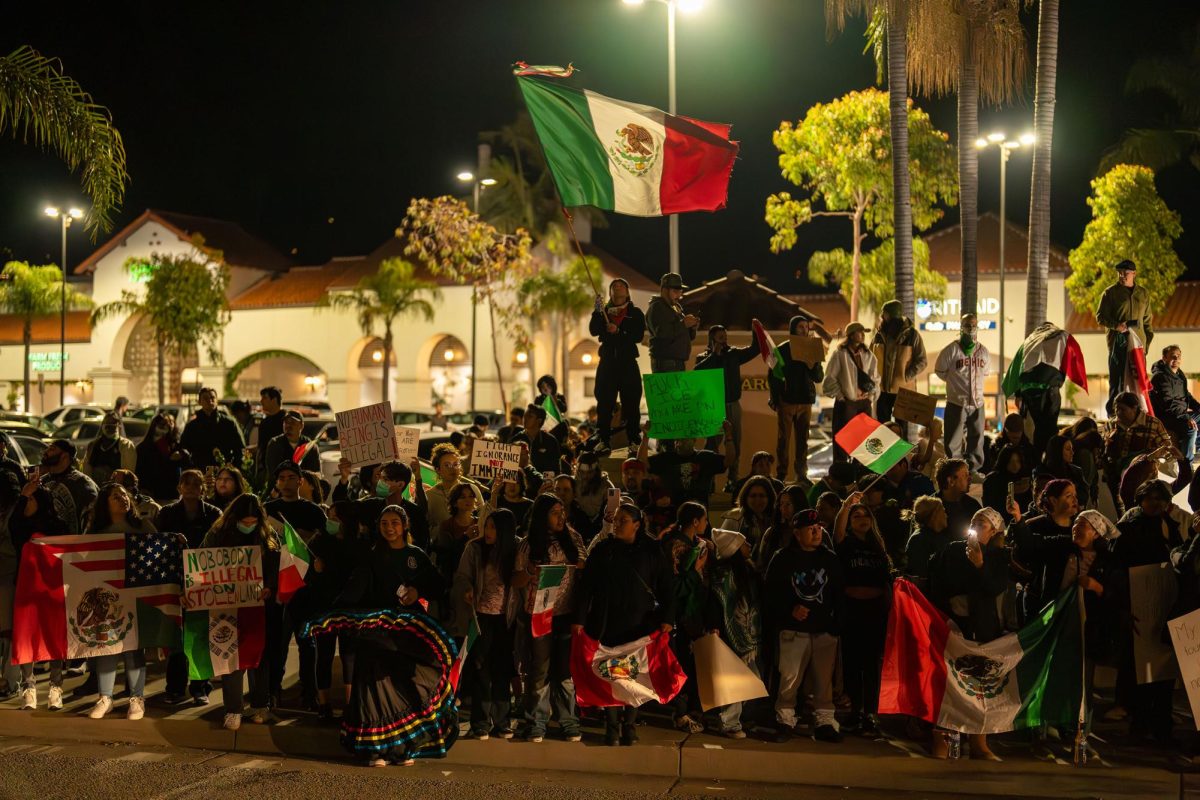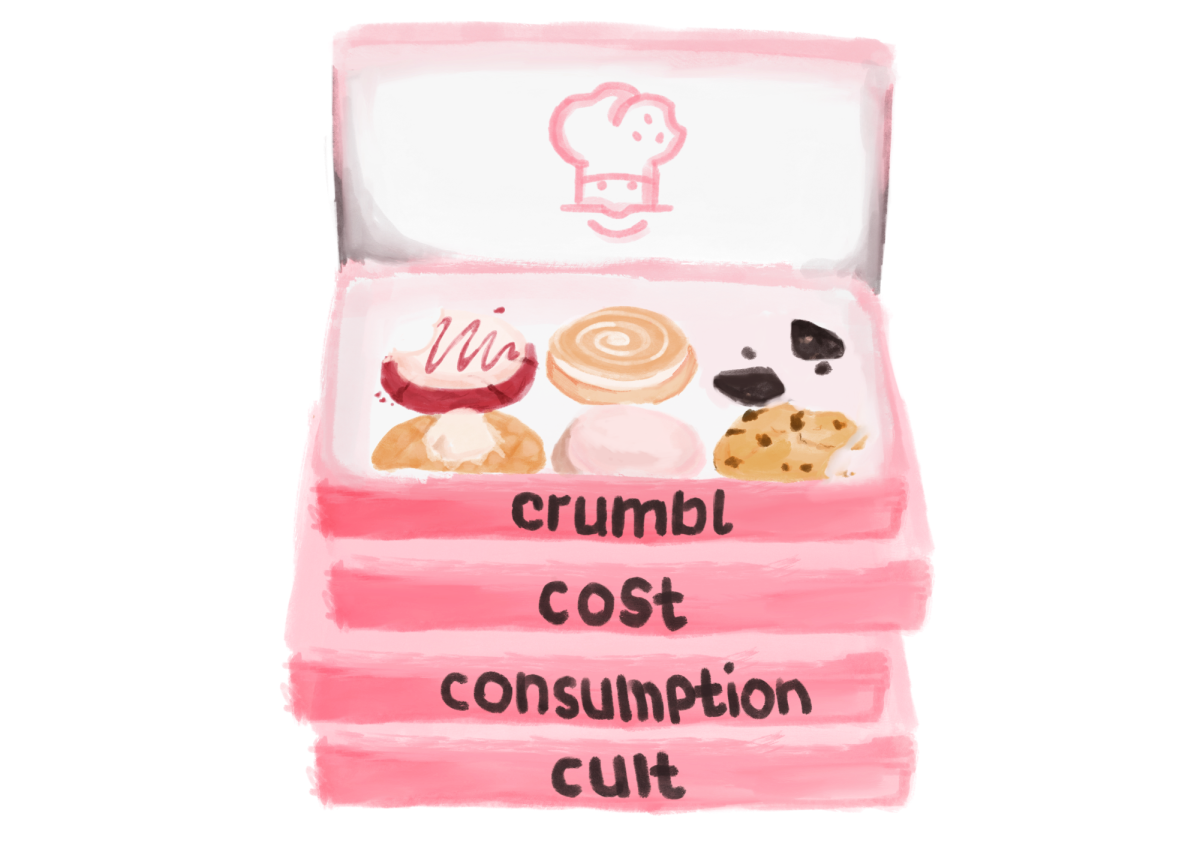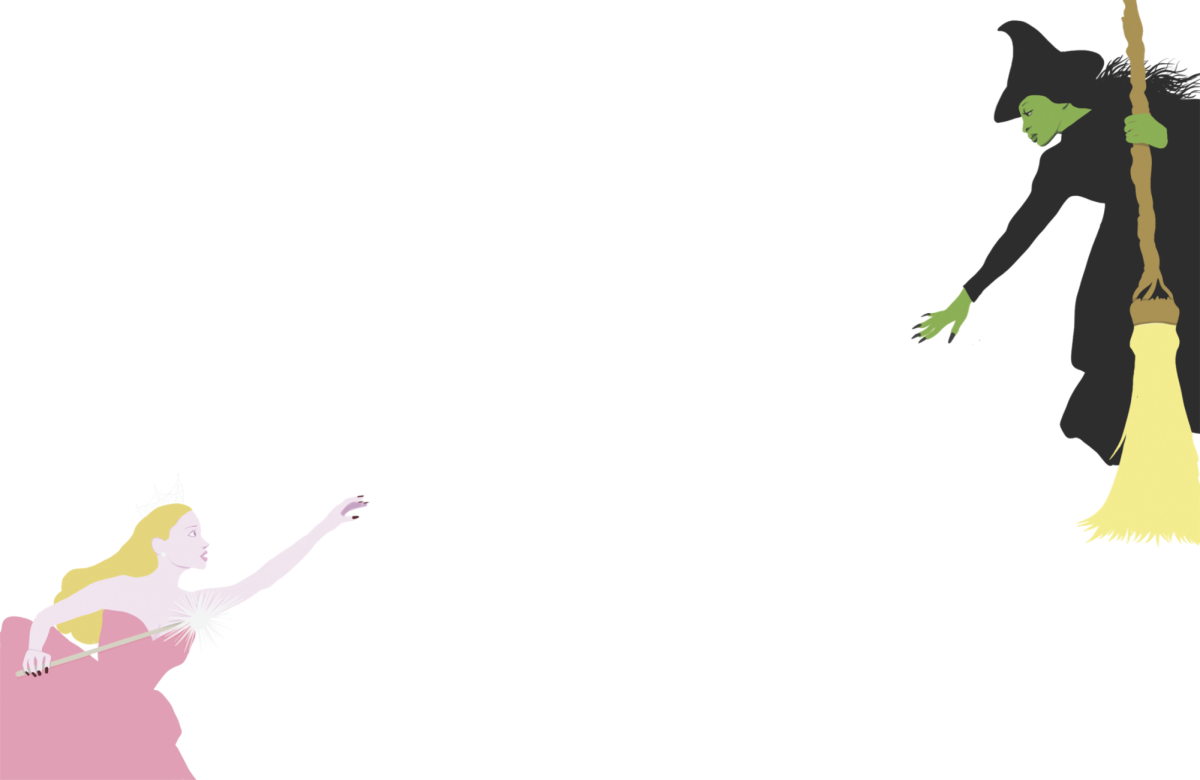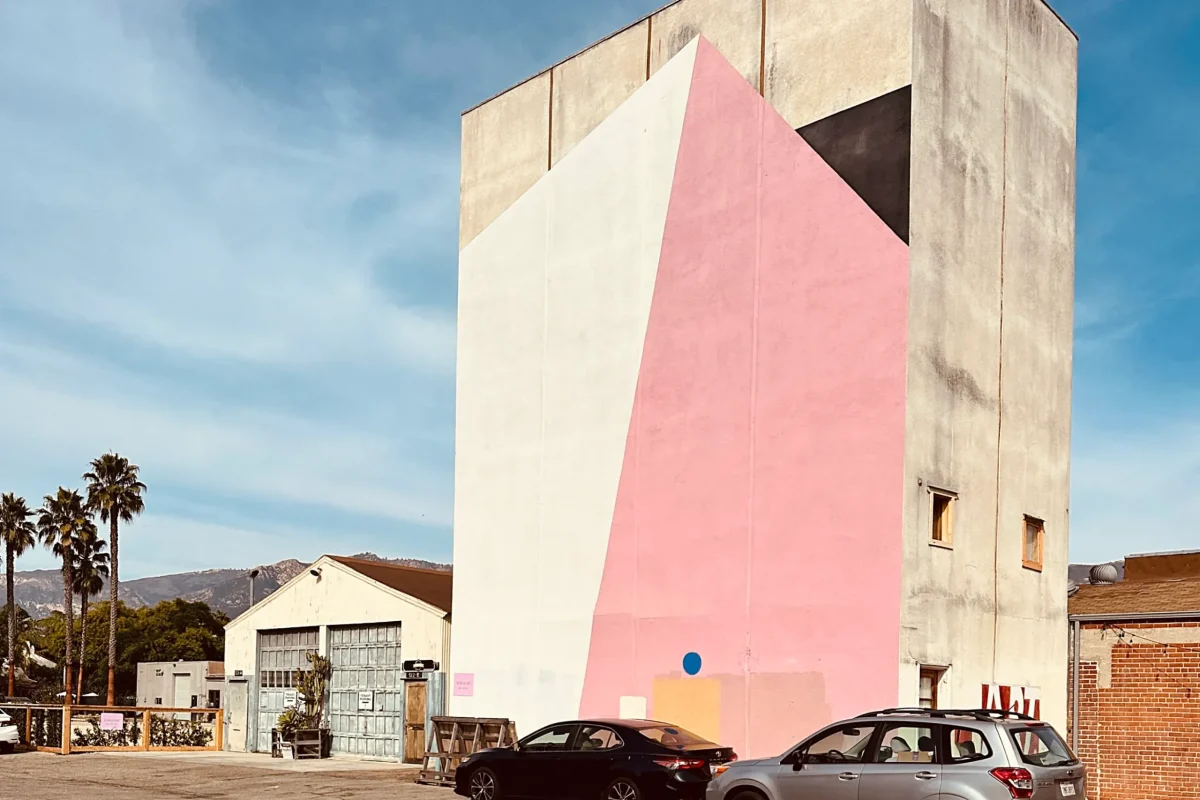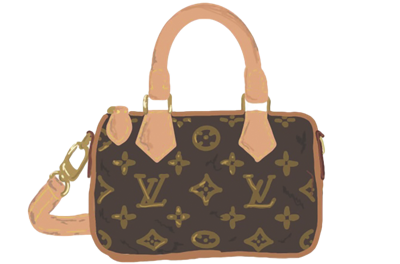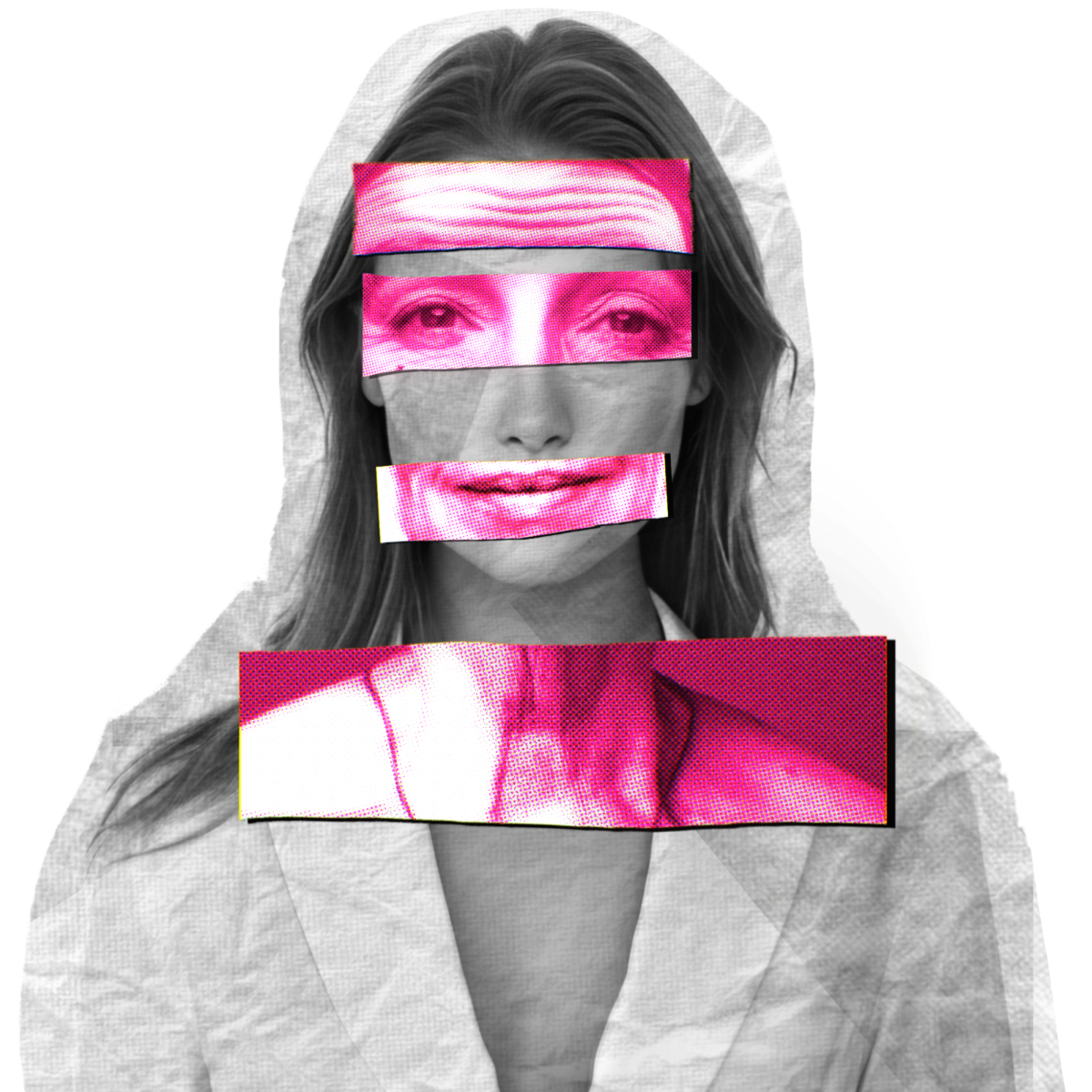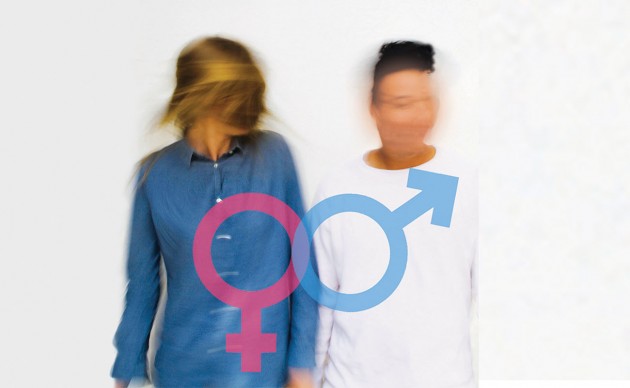Earlier this year, I was venting about a particularly rough day I had to a woman that I hold in high-esteem in my life, and I used the phrase “so-and-so makes me feel like crap.”
I was told to find another word because the word “crap” was not “ladylike.”
If I had been told it was not polite, it was not appropriate, it was not pleasant—I wouldn’t have thought twice about it.
I would agree that “crap” is not the most pleasant of words, but it’s the fact that someone I had so much respect for as a very successful, brilliant, and beautiful woman herself chose to tell me I could not say something because it was not “ladylike” that caught my attention.
Men and women are viewed differently and have been for eons. It is a fact.
Guys can speak candidly and graphically about women and at the most it will be labeled inappropriate. If females were to do the equivalent, it would be outlandishly disturbing.
We, as females, demand this respect and impartiality, but we also must sensor ourselves to appear ladylike and polished.
A man in a position of power that gives stern directions and acts on the harsher side would be described as a confident leader—a woman who does the same is described as bossy.
If we want this gap in the way males and females are judged to close, it should come from women to begin with.
During last year’s Superbowl “Always,” a feminine sanitary product company, aired an ad in which they asked women and men of all ages what it meant to run, throw, and fight “like a girl.”
The reactions of two women, a man, and a boy pondered the question of when “like a girl” became an insult.
When the video asked young girls the same question—they ran, threw, and fought as hard as they could.
The video pondering why girls’ levels of self-esteem often plummets when they hit puberty gained 17 million views in its first week.
Pantene aired an ad least year examining why it is that women are constantly apologizing. This video currently has 16 million views.
Additionally, studies published in the Psychological Science journal in 2010 conducted at the University of Waterloo exposed that while men are just as open to apologizing as women, they feel they have a higher threshold for things apologies are needed for.
Why is it that girls’ confidence commonly decreases as they hit puberty? Why is it that apologizing has become an act so habitual it happens without us thinking about it?
The biases that bred the issues that stemmed from gender inequality still exist—and they may never be dissembled especially when it comes to dating.
In the treacherous world of youthful drama and the generation where old-fashioned dating has generally been transformed into a world of “hook-ups,” guys have much more freedom.
The term “hookup” means that no formal pre-arranged date was involved, but rather two people meet and get together at a party or an event. Hookups refer to something sexual happening that can range from making out to much more.
Society is quick to judge, and the hookup culture is not kind to women. Post-hookup whispers like, “she hooked up with him” are followed by unpleasant adjectives tagged to the girl’s description.
It is the age-old controversy of gender inequality that everyone claims has been resolved that fuels this difference in the way males and females are viewed.
It follows that if the double standard could be changed, true gender equality might be achieved.
When math teacher Erik Faust was asked if he could tell his daughter one thing about growing up in this world as a girl and he said, “I would tell my daughter: don’t let the world define who you are or what you can do. You are stronger than you can imagine.”
“Ladylike”: The Double Standard Lives On
November 11, 2015
0
Donate to The Fourth Estate
$50
$500
Contributed
Our Goal
Your donation will support the student journalists of Laguna Blanca School. Your contribution will allow us to purchase equipment and cover our annual website hosting costs.
